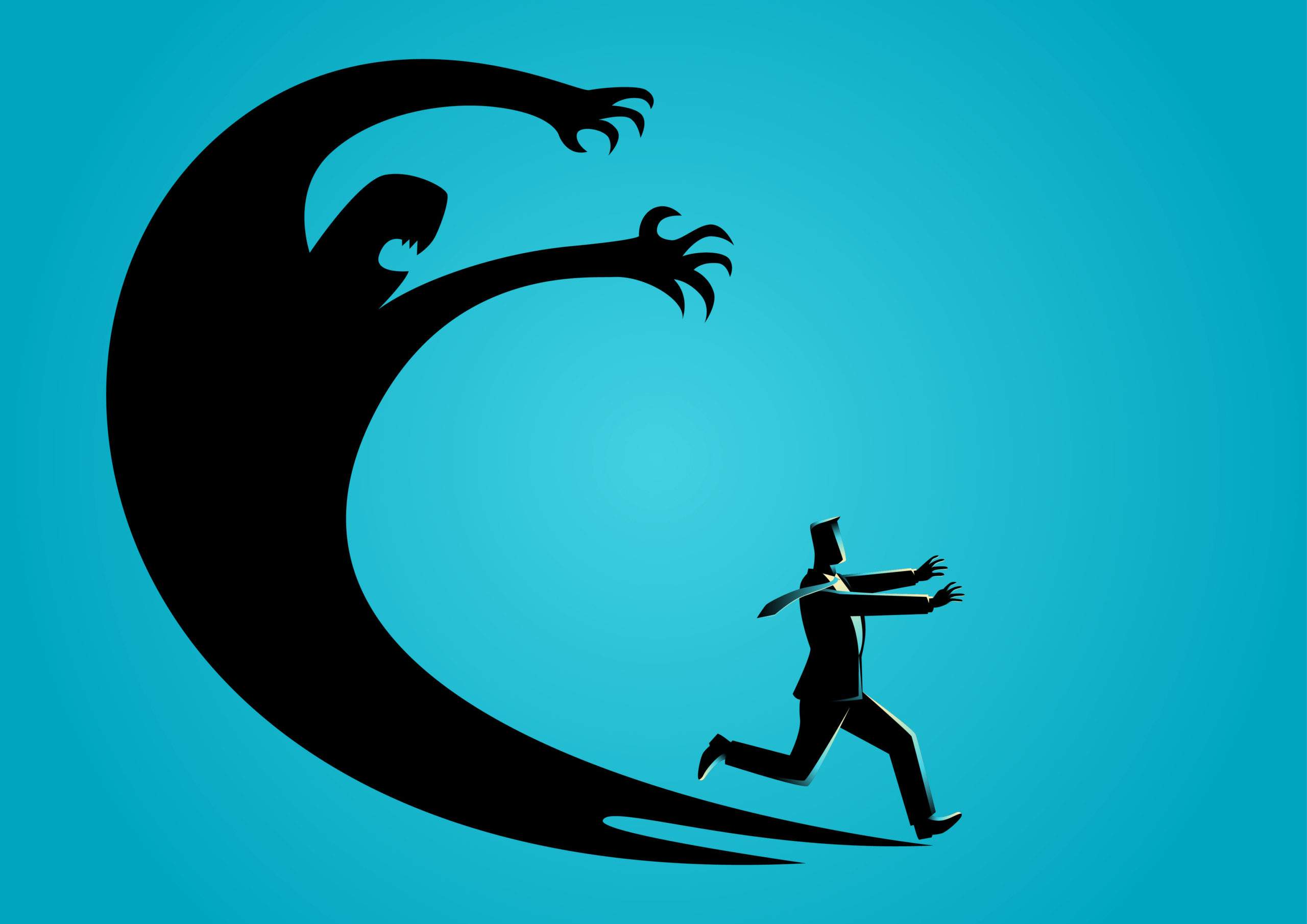“We are a country divided.” That’s what the pundits and political observers would like us to believe.
For the last few decades, political scientists have documented this shift toward greater polarization. And yet, until just recently, the polarization of democratic politics was viewed as a mostly elite phenomenon, restricted to activists, pundits, and political professionals. Morris Fiorina, for instance, makes this case in Culture War: The Myth of A Polarized America. Pundits, politicians, and partisans are the ones who are polarized and at war, not ordinary citizens.
This elite theory of polarization no longer seems to be true. In a recent Pew Survey, researchers found a dramatic increase among non-political elites in the experience of stress and frustration when talking about politics. A record 53% of Americans now report talking about political issues as generally stressful and frustrating. Moreover, polling research by Pew also shows a marked increase in ideological division among ordinary citizens.
It’s easy to blame this escalation on polarizing figures on both sides of the aisle or the rise of popular information spaces like Facebook and Twitter. But from the perspective of mindfulness practice, it’s more helpful to look deeper into what holds this pattern of outrage, fear, and resentment in place: our personal unchecked reactions.
The Mirror of Complementary Behavior
At its core, of this shift toward political outrage and polarization is a clear pattern of response and counter-response. This is a common behavioral pattern that psychologists call “complementary behavior”: the natural human tendency to mirror the emotions of those around us. When we’re in the presence of someone else’s anger, we feel angry. When we’re in the presence of fear, we feel afraid. And so on.
The complementary behavior hypothesis suggests that the escalation of aggression works like a feedback loop: party A feels outraged at party B. So party B begins to feel outraged toward party A, which in turn generates greater outrage among party A. And on and on it goes.
Our challenge, of course, is that human beings are hard-wired to mirror the responses of others. Put differently, our tendency to respond to outrage with outrage is a deeply ingrained habit of mind—without intentionally strengthening your awareness, it’s almost impossible to interrupt this habit cycle.
The Transformative Power of Mindfulness
Enter mindfulness. At its core, mindfulness techniques strengthen our ability to see our habitual behaviors with greater clarity and to choose our reactions with care and wisdom.
Without building up our capacity for mindful awareness, anger expressed by someone about your beliefs (political or otherwise) results in a spontaneous reaction of anger and resentment. There’s no gap between stimulus and response. The anger and irritation we experience outside of ourselves – through the news, on social media, or even in our communities – can translate into an angry outburst in a flash.
By bringing awareness to our spontaneous reactions, and practicing non-judgemental curiosity about them, we begin to create the space we need to choose how we react.
Introduce a little mindfulness, however, and the whole pattern begins to change radically. By bringing awareness to our spontaneous reactions, and practicing non-judgemental curiosity about them, we begin to create the space we need to choose how we react. When we apply this space to our news consumption and political interactions, we introduce a small, but significant gap between stimulus and response.
Of course, mindfulness isn’t just about training a cold sense of heightened awareness. It’s also about infusing our reactions with greater compassion. We are human beings, after all, each of experiencing some degree of struggle as we do our best in life. On a profound level, mindfulness helps us cultivate this sense of empathy, connectedness to others, and love.
When you add love to greater awareness, you end up in a radically different place than your normal route of habit. Instead of feeling outrage and saying things you wish you hadn’t said when someone launches into a political diatribe, mindfulness opens the door to what psychologists call “non-complementary behavior.” This is what happens when we break the ordinary habit of mirroring the other person’s emotional state.
Using awareness, we gain the superpower to interrupt this habit by noticing that it is happening. Then, using compassion, we override our default neural biology of responding to outrage and anger in kind by responding with a transformational response of kindness and love. This transformation has the power to change the world. It changes both our experience and the experience of those around us.
A Mindful Democracy
Martin Luther King’s teachings on non-violent communication and “love in action” were based on this principle of non-complementary behavior. He also warned of the dangers of failing to recognize the importance of love and empathy in building resilient communities: “Have we not come to such an impasse in the modern world that we must love our enemies or else? The chain reaction of evil—hate begetting hate, wars producing more wars—must be broken, or else we shall be plunged into the dark abyss of annihilation.”
Citizens in democracies throughout the world now find themselves brewing in dangerous waters of division and radicalization. If we allow ourselves to succumb to our base instincts of unchecked reactions, we will almost inevitably fall into the trap of “hate begetting hate, wars producing more wars.”
And this escalation has real political consequences. Political scientists point out that when polarization and division become too extreme, citizens become more likely to choose their party over the basic values of democracy. We become more interested in being Republicans or Democrats than being citizens of a democratic republic. We willingly sacrifice our freedom for political victories and divide ourselves into “us and them”.
Mindfulness is perhaps the most powerful technology we have for interrupting the cycle of outrage, hatred, and even violence. Mindful citizens have the power to shift the political climate and re-introduce the core democratic values of mutual respect and compassion into our national discourse.
And that might just save democracy.








